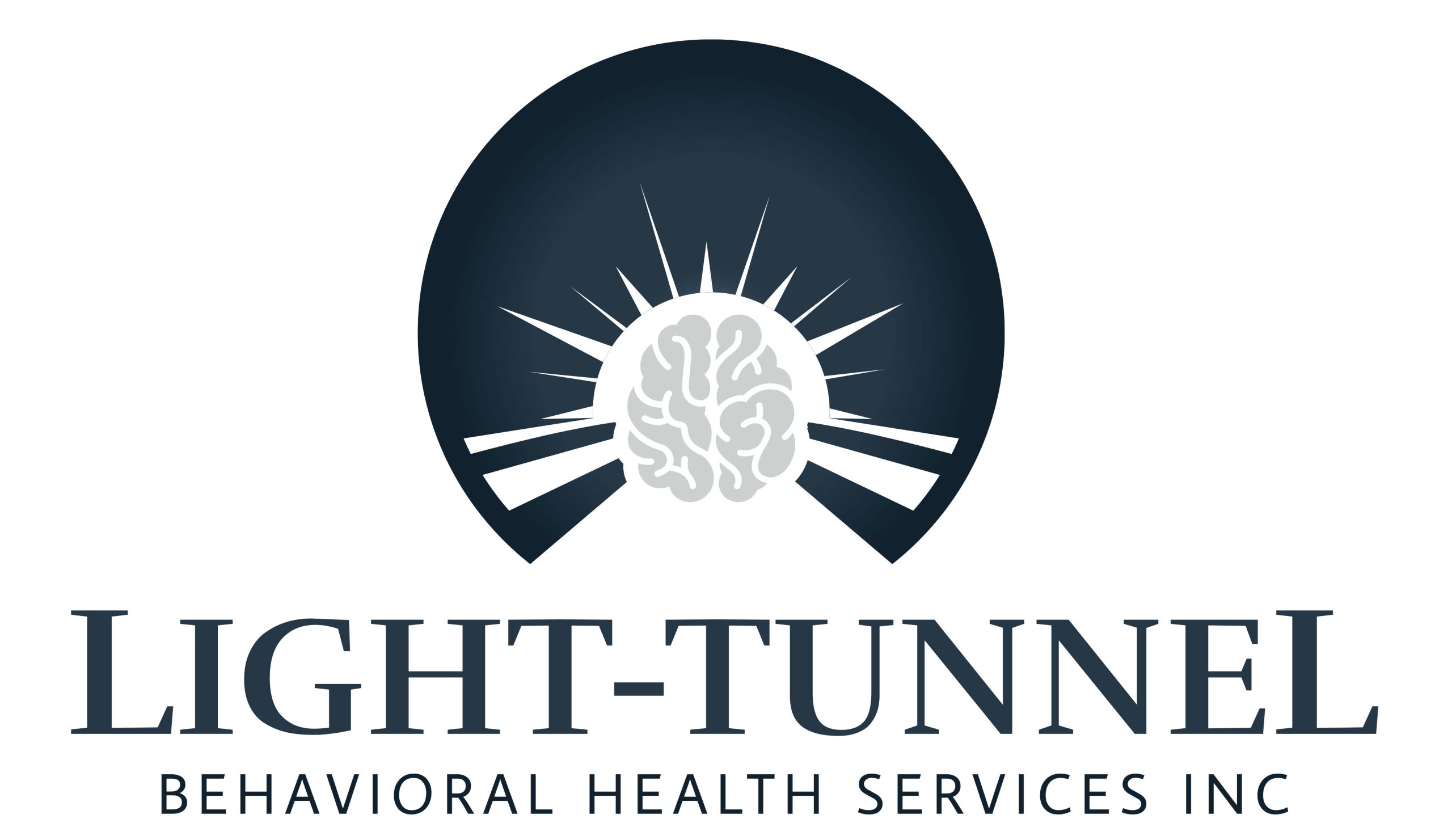
Most people go through multiple medications before finding one that works. The trial-and-error process can take months, sometimes years.
Some people don’t realize that the way your body reacts to drugs is often related to your genetic background.
Pharmacogenomic testing examines your DNA to predict the effects of specific medications before you use them.
It’s becoming standard practice in personalized medicine.
How Pharmacogenomic Testing Can Help
Your liver uses enzymes to convert the medicines you take into other forms. How fast or slow this happens is impacted by genetic variation.
Drugs are metabolized by some people fast, but more slowly by others. This explains why identical doses affect people differently.
Benefits:
- Identify effective medications faster
- Avoid drugs likely to cause side effects
- Determine appropriate dosing from the start
- Reduce time spent on ineffective treatments
- Lower overall healthcare costs
The Science Behind It
Cytochrome P450 enzymes handle most drug metabolism. Genetic variants create four metabolizer categories:
- Poor metabolizers: Process drugs slowly, may need lower doses
- Intermediate metabolizers: Process drugs somewhat slowly
- Extensive metabolizers: Process drugs at normal rates
- Ultra-rapid metabolizers: Process drugs quickly, may need higher doses
Testing Process
The test requires a cheek swab or saliva sample. You can complete it at home or in a healthcare setting.
Results arrive within 1-2 weeks and include detailed reports about your likely responses to various medication classes.
Most Relevant Applications
Pharmacogenomic testing proves particularly valuable for:
- Antidepressants and anxiety medications
- Pain management drugs
- Blood thinners like warfarin
- Cardiovascular medications
- Cancer treatments
Mental health medications show some of the most substantial evidence for genetic testing benefits.
Studies demonstrate improved response rates when antidepressants are selected based on genetic profiles.
Clinical Evidence
Time and again, studies have revealed that pharmacogenomically guided treatments are more effective.
Fewer problems and faster achievement of benefits are results that patients often experience.
Many pharmacogenomic tests have received approval from the FDA, and drug labels now include relevant genetic information.
Insurance coverage has expanded as evidence mounts. Many plans now cover testing when medically indicated.
Understanding Your Results
Your report will categorize your metabolizer status for different drug families. Healthcare providers use this information to:
- Select medications most likely to work
- Calculate appropriate starting doses
- Avoid drugs with a high risk of adverse effects
- Monitor treatment more effectively
Limitations to Consider
Genetics influence drug response, but don’t determine it completely. Other factors matter:
- Age and weight
- Kidney and liver function
- Other medications
- Overall health status
- Environmental factors
Consider genetic testing as providing your baseline, not your complete medication story.
Cost and Access
There has been a significant drop in testing costs. Many health insurance plans include coverage for pharmacogenomic testing when doctors identify the need.
Paying for prescription drugs is usually worth it if it prevents you from using unnecessary treatments and keeps doctor appointments to a minimum.
Who Should Consider Testing
Consider pharmacogenomic testing if you:
- Have tried multiple medications without success
- Experience frequent or severe side effects
- Are starting treatment for conditions where medication choice significantly impacts outcomes
- Have a family history of unusual medication responses
Making Informed Decisions
Your genetic information remains constant throughout life, making test results a long-term investment in your healthcare.
As new medications are developed, your genetic profile continues to provide relevant guidance.
The field continues advancing. Testing panels expand regularly, and accuracy improves for diverse populations. What started as research is now becoming routine clinical practice.
Evidence-Based Personalization
Pharmacogenomic testing represents healthcare’s shift toward precision medicine. Instead of using population averages, treatment decisions can incorporate your individual genetic information.
This approach acknowledges that medication response varies significantly between individuals. Your genes provide valuable data that can guide more effective prescribing decisions from the start.
Get Pharmacogenomic Testing Done At Light-tunnel Behavioral Health Services
At Light-tunnel Behavioral Health Services, we use pharmacogenomic testing as part of comprehensive treatment planning.
Our providers understand that finding effective medication is crucial for achieving your health goals.
We integrate genetic testing with thorough clinical assessment to develop personalized treatment strategies.
This combination of gene science and clinical expertise helps optimize your medication regimen.
Our team can evaluate your situation and explain how genetic information might improve your medication outcomes.
Call today to schedule a consultation and learn more about personalized medication selection.
Frequently Asked Questions
How accurate is pharmacogenomic testing?
Genetic testing is highly accurate for the variants analyzed, typically over 99%. However, genetics is one of several factors that influence medication response.
Does insurance cover pharmacogenomic testing?
Coverage varies by insurance plan and medical indication. Many plans now cover testing when ordered by healthcare providers for appropriate clinical situations.
How long do results take?
Most laboratories provide results within 1-2 weeks after receiving your sample.
What does the testing involve?
Most tests require only a cheek swab or saliva sample that takes a few minutes to collect.
Do results change over time?
No. Your genetic makeup remains constant, so test results are valid throughout your lifetime.
